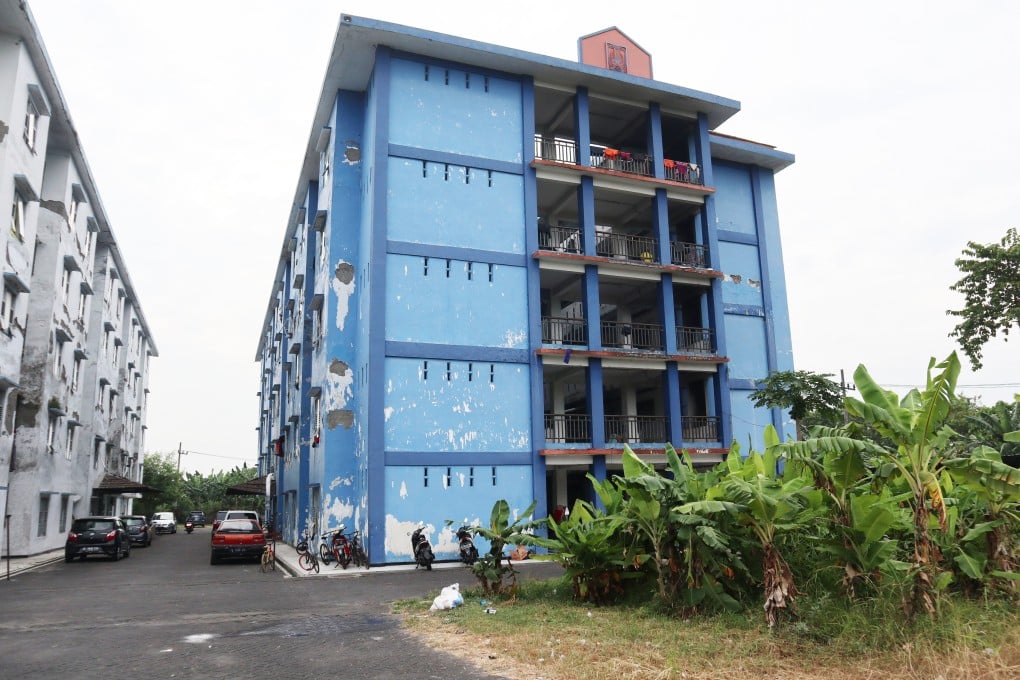Still no home in sight for Indonesia’s Shiite Muslim refugees, 11 years after Sunni mob razes village
- 11 years after fleeing their hometown, some 100 refugees are still barred from returning home simply because they choose to remain as Shiite Muslims
- Cleric Tajul Muluk, who was charged with ‘blasphemy against Islam’, has remained with the refugees even after he converted from Shiite to Sunni Islam

Shiite residents of Nangkrenang, a small hamlet of about 4,000 inhabitants in Sampang on the Indonesian island of Madura, came under attack by some 500 Sunni Muslims on December 28, 2011. Hundreds of the hamlet’s mostly Shiite Muslim community fled as the armed mob, comprising residents from the hamlet and other villages, torched their homes, school and mosque.
Two people were killed while dozens were injured. Today, more than 100 Nangkrenang refugees continue to live in a government-allotted block of flats in Sidoarjo, East Java, some 110km away from the home they were driven out of.
The Shiites are a minority group in Indonesia, the world’s most populous Muslim nation. Government figures show 86.9 per cent, or 237.52 million people in Indonesia, are Muslims with Sunnis accounting for the majority. The All Indonesian Assembly of Alhulbayt Associations, a national Shia organisation established in 2000, claims there are around 2.5 million Shiite Muslims in Indonesia.
Muslims are largely divided into two main branches: Sunnis and Shiites. According to a 2009 report by the Pew Forum, Shiite Muslims accounted for some 10 per cent of all Muslims globally.
Popular progressive cleric Tajul Muluk, a central figure of Nangkrenang’s Shiites, has been leader of the displaced community for the last 10 years. He has been the focus of hatred for the Sunnis who attacked his hometown.
The 51-year-old, who renounced Shia Islam for Sunni Islam since 2017, said the animosity towards him and his followers was also motivated by issues other than their faith.